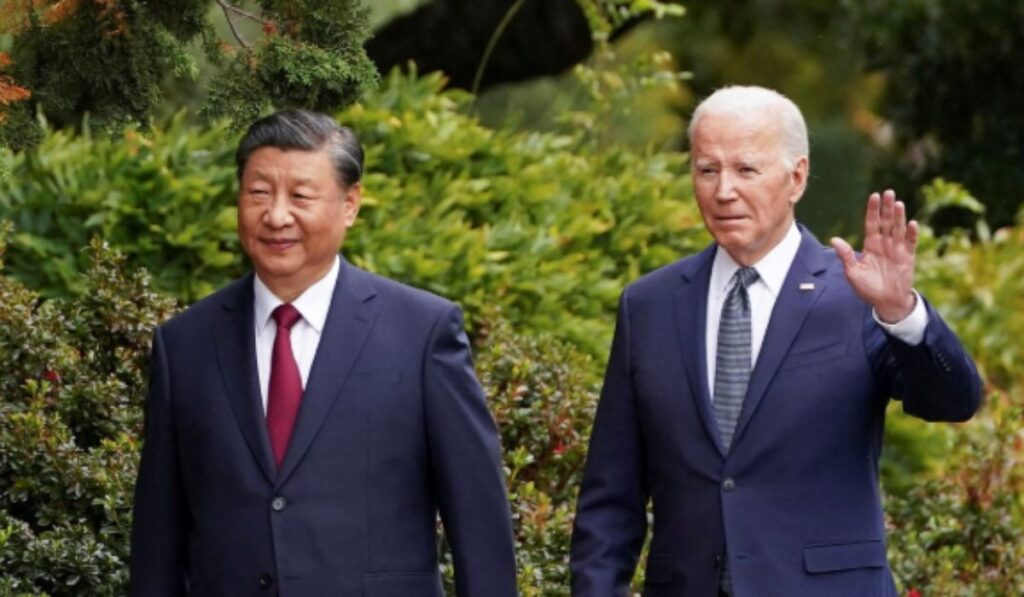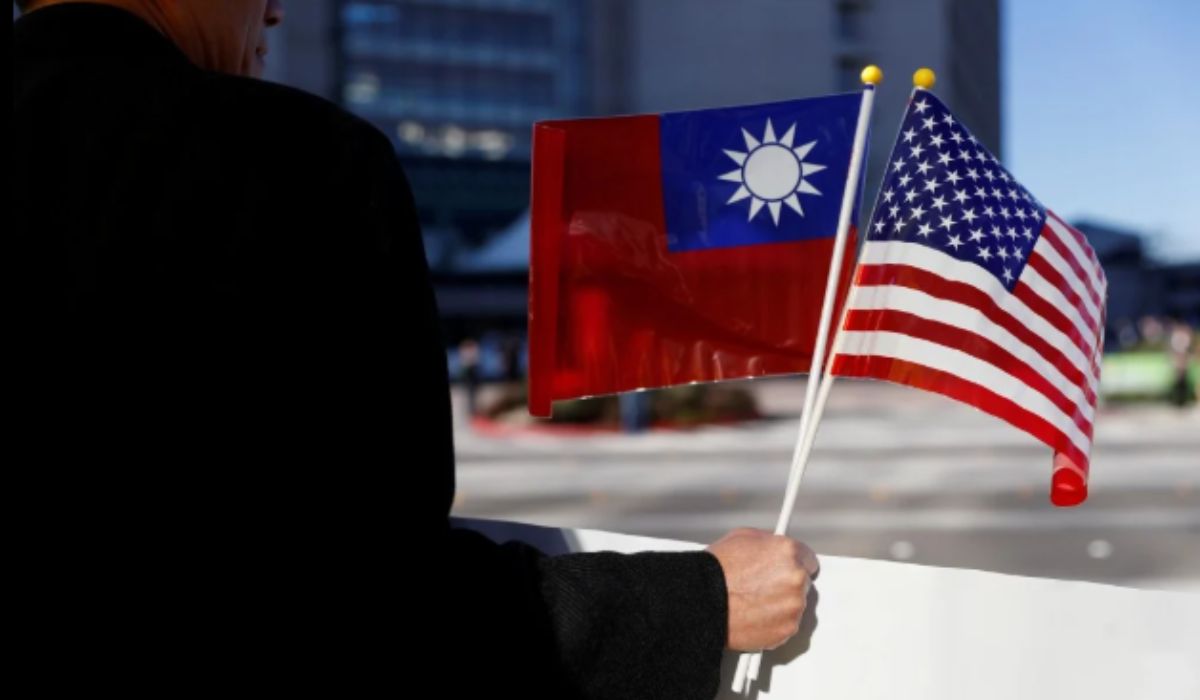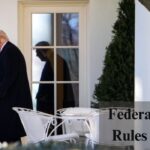The United States recently made a significant shift in its foreign policy by removing a longstanding clause that opposed Taiwan’s independence. This move, which had previously been a key part of U.S. diplomatic language, has been celebrated by Taiwanese leaders and citizens, signaling a possible change in America’s stance toward Taiwan amid rising tensions with China.
For decades, the U.S. maintained a careful balance, acknowledging Beijing’s claim over Taiwan under the one-China policy, while unofficially supporting Taiwan through arms sales and diplomatic engagement. The U.S. also kept a policy of “strategic ambiguity,” avoiding a clear stance on whether it would defend Taiwan in the event of a Chinese invasion.
Why This Change is Important
The removal of the specific language opposing Taiwanese independence is a crucial shift in American foreign policy. For years, the U.S. had avoided endorsing Taiwan’s independence, wary of escalating tensions with China. However, by removing the language, the Biden administration has effectively signaled a reevaluation of its stance, recognizing Taiwan’s de facto independence.

Taiwan’s leadership has welcomed the change. President Tsai Ing-wen praised the move as a “positive development” that highlights Taiwan’s importance in the international community and underscores the island’s resilience in maintaining its democracy despite Chinese pressure.
The Strategic Implications of the Change
This shift is more than a diplomatic gesture; it has significant strategic consequences. As U.S.-China tensions rise over trade, technology, and territorial disputes, Taiwan has become a critical point of focus. Beijing has increasingly applied military and diplomatic pressure on Taiwan, while Taiwan has solidified its role as a key partner for the U.S. in countering China’s influence in the Indo-Pacific.
Taiwan plays a vital role in global supply chains, particularly in the semiconductor industry, producing some of the world’s most advanced microchips. This has made Taiwan not only a beacon of democracy in an autocratic region but also strategically important to the U.S.
By removing language that opposed Taiwanese independence, the U.S. is signaling stronger support for Taiwan’s security and international role, even as it stops short of formally endorsing independence. This step reflects the U.S.’s willingness to challenge China’s diplomatic and economic isolation of Taiwan.
Also Read: Biren Singh Resigns as Manipur CM: The Political Upheaval Behind His Exit
Taiwan’s Response: Hope with Caution
While Taiwanese officials have largely praised the U.S. move, there is also caution. Taiwanese Foreign Minister Joseph Wu called it a “milestone,” underscoring Taiwan’s sovereign status. However, the government continues to emphasize peace and stability in the region, preferring dialogue with Beijing, even as it strengthens ties with democracies like the U.S.

China’s Reaction
China has reacted strongly to the U.S. decision, accusing Washington of interfering in its internal affairs and warning of severe consequences if Taiwan moves toward formal independence. Beijing has made it clear that any challenge to its claim over Taiwan will not be tolerated.
This diplomatic shift is likely to increase tensions across the Taiwan Strait, but it also reinforces Taiwan’s resolve to defend its democratic way of life.
Conclusion: A New Chapter in U.S.-Taiwan Relations
The U.S. decision to remove the language opposing Taiwanese independence marks a key moment in the evolving relationship between Washington and Taipei. While this doesn’t signify a drastic change in policy, it does reflect a shift in the U.S. attitude toward Taiwan’s sovereignty. This move is likely to deepen the U.S.-Taiwan partnership, sending a strong message to China that the U.S. supports Taiwan’s democracy and security. However, as tensions in the region continue to grow, both the U.S. and Taiwan must carefully manage their relations with China to avoid escalating the conflict.










